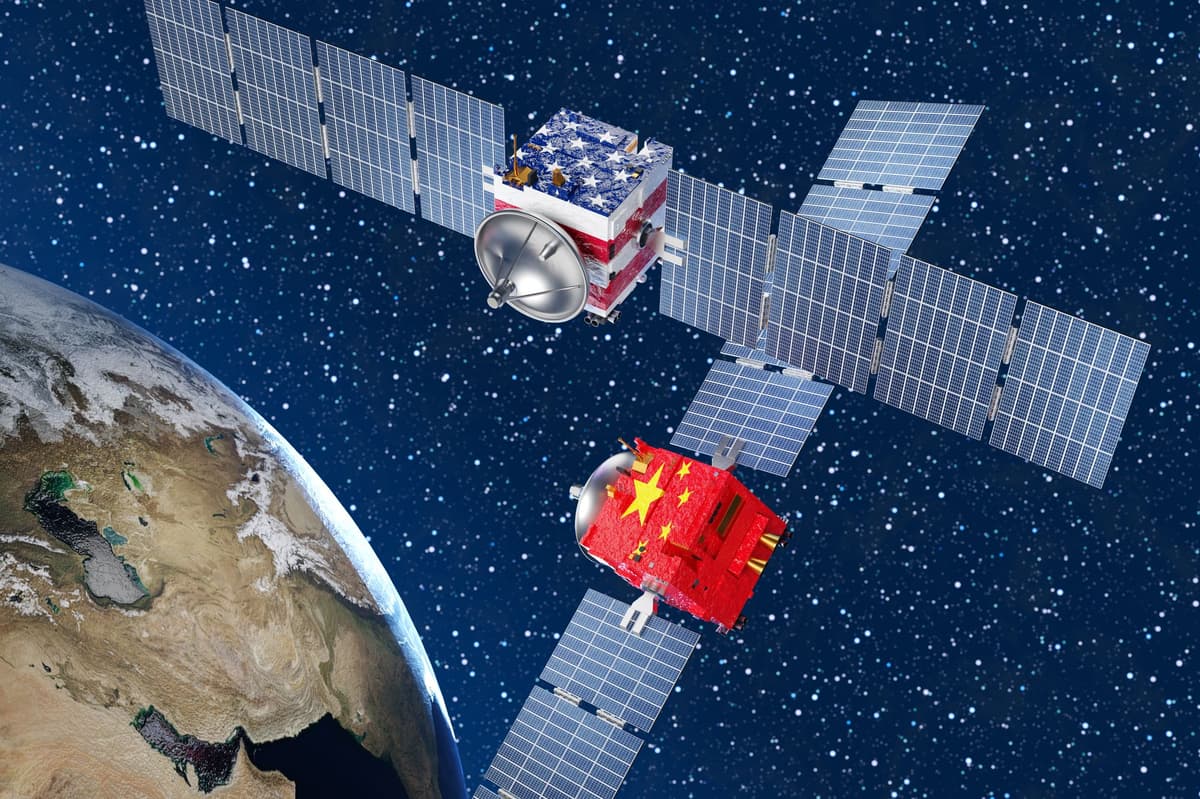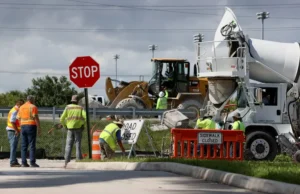Key Takeaways
- China has reportedly achieved the world’s first satellite refueling in orbit.
- The Tianwen-2 mission, launched in May, aims to land on an asteroid, collect samples, and return to Earth.
- The upcoming Tianwen-3 mission is scheduled for 2028, targeting Mars for sample collection and return by 2031.
China’s Advancements in Space Exploration
Recent reports from a US space observation firm suggest that China has successfully completed the world’s first refueling of satellites in orbit. This significant milestone demonstrates China’s growing capabilities in space technology, particularly in satellite operations.
In late May, China launched its Tianwen-2 mission, which aims to land on a moving asteroid. The mission will involve collecting samples from the asteroid and returning them to Earth. Analysts view this effort as a potential precursor to future lunar exploration, indicating a broader strategy in China’s space agenda.
Looking ahead, the Tianwen-3 mission is set to launch in 2028. The primary objective of this mission is to reach Mars, collect samples from the planet’s surface, and bring them back to Earth by 2031. These ambitious plans suggest that China’s space exploration initiatives are gaining momentum, positioning the country to compete closely with traditional space powers, notably the United States.
Once the leader in space exploration, the United States is now facing significant competition from China, which is rapidly advancing its capabilities. The successful satellite refueling and the trajectory of the Tianwen missions indicate China’s intent to carve out a prominent role in the future of interplanetary exploration.
The content above is a summary. For more details, see the source article.















